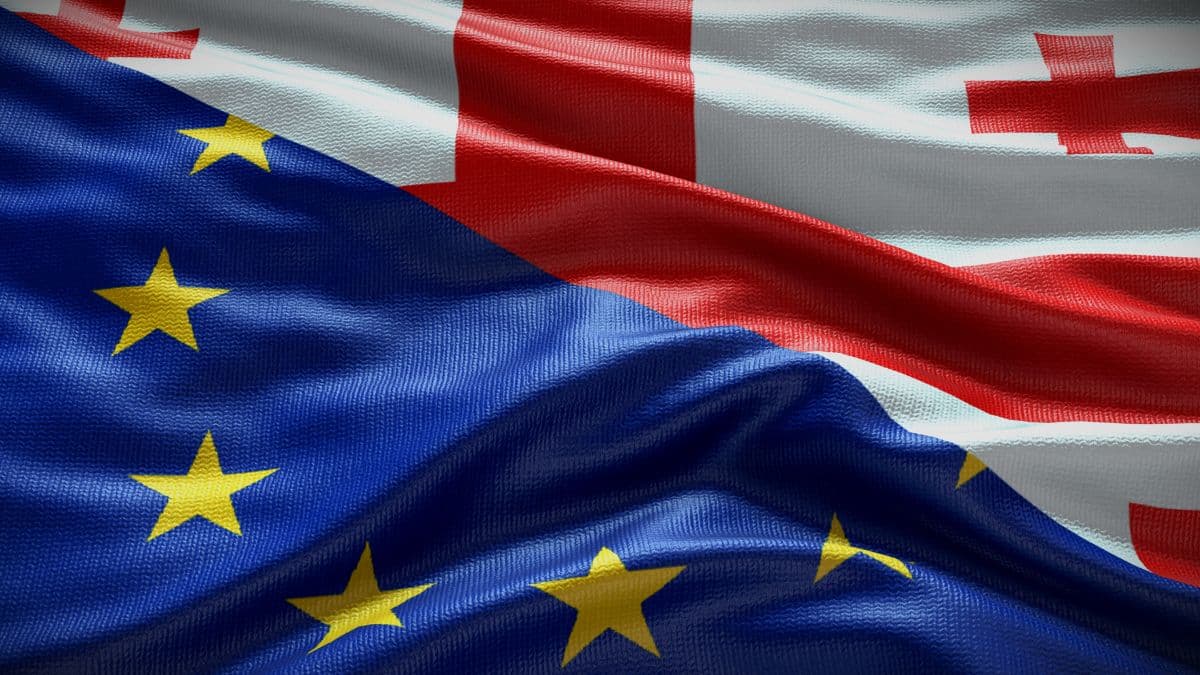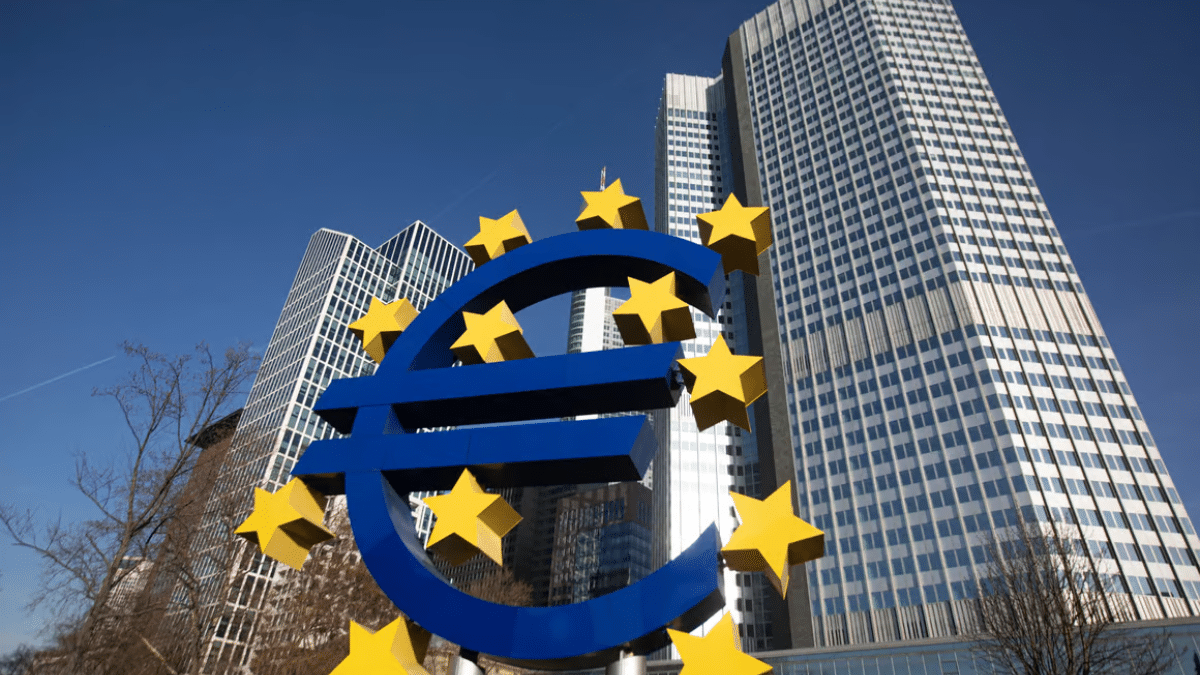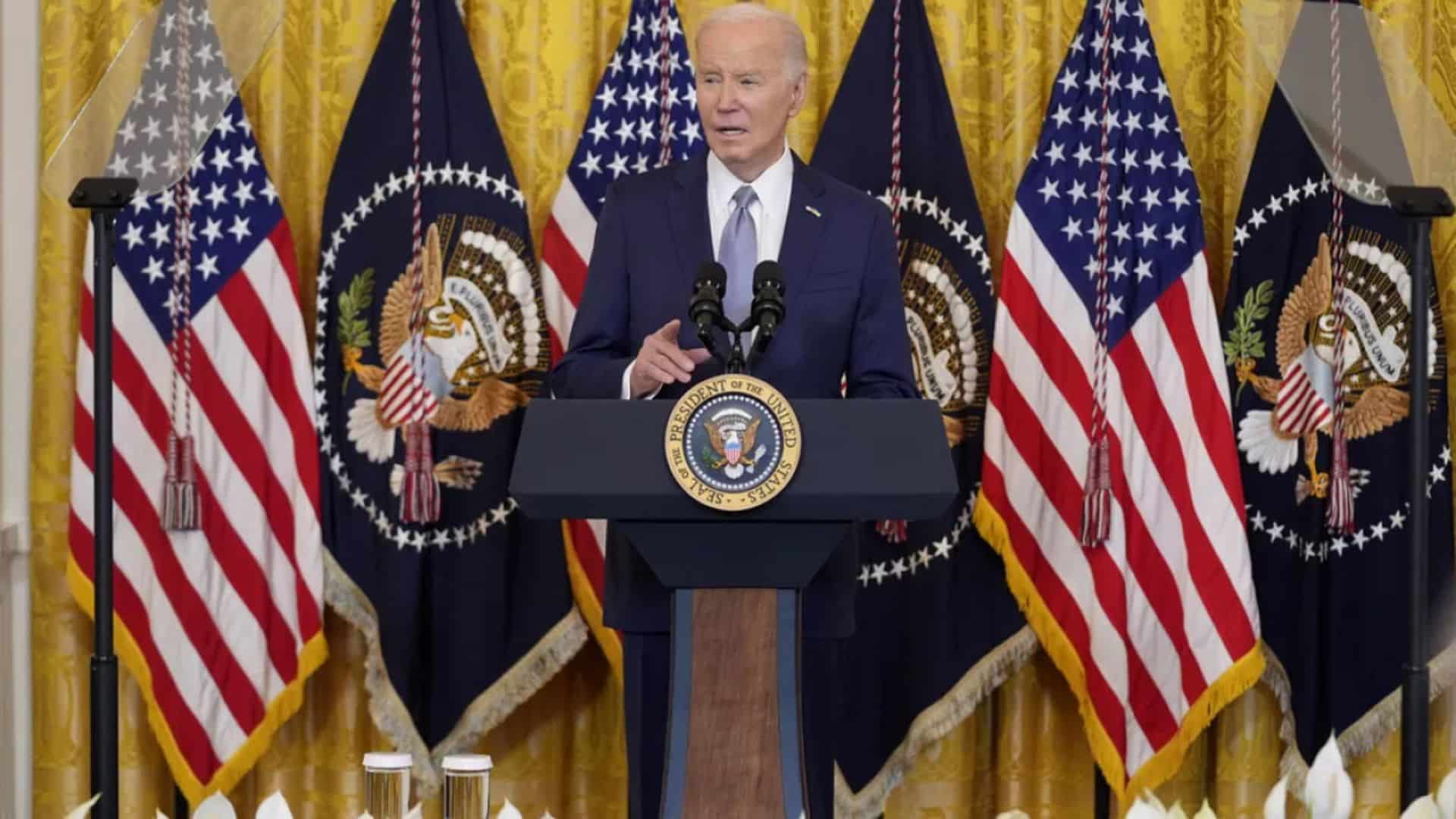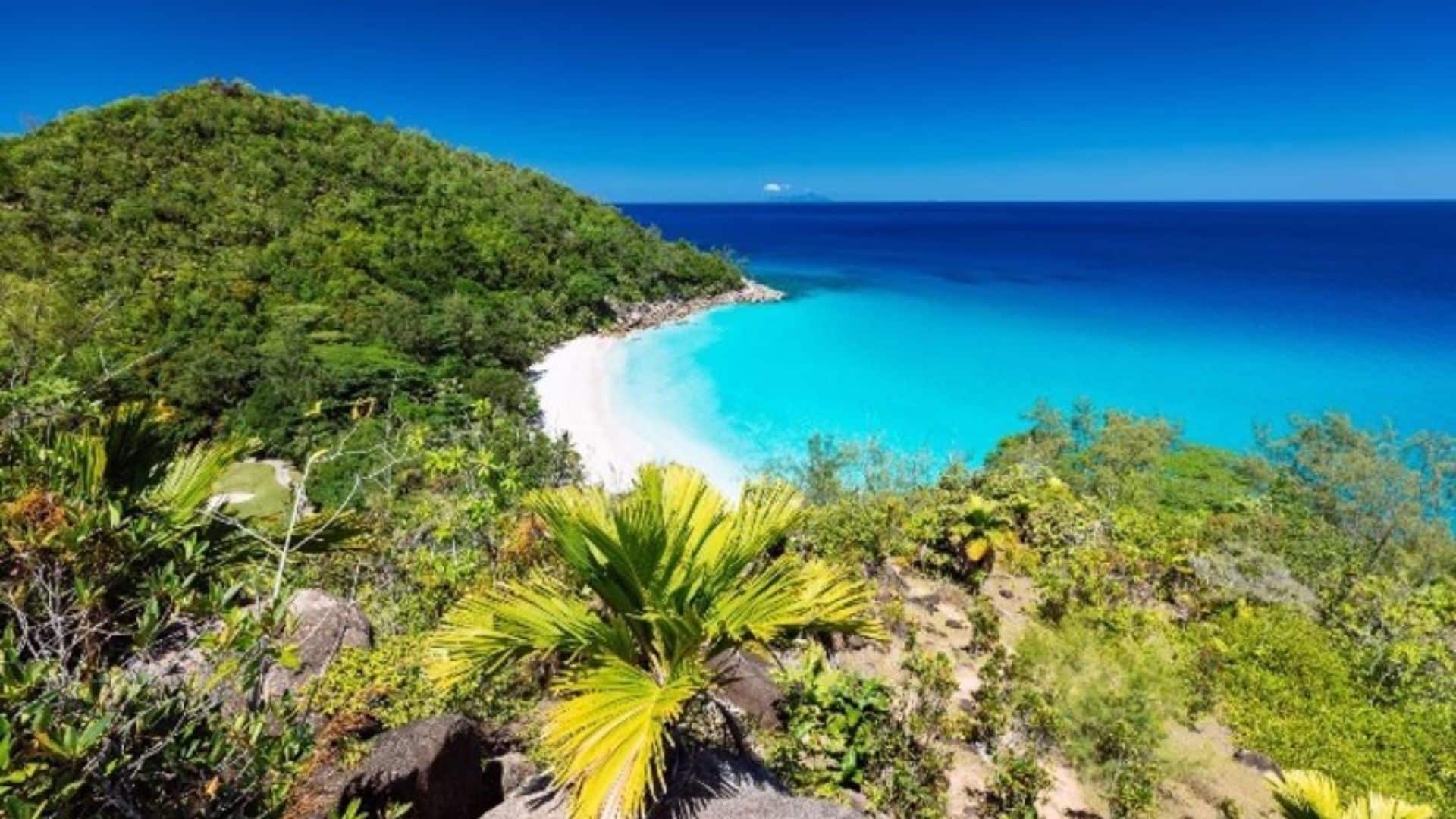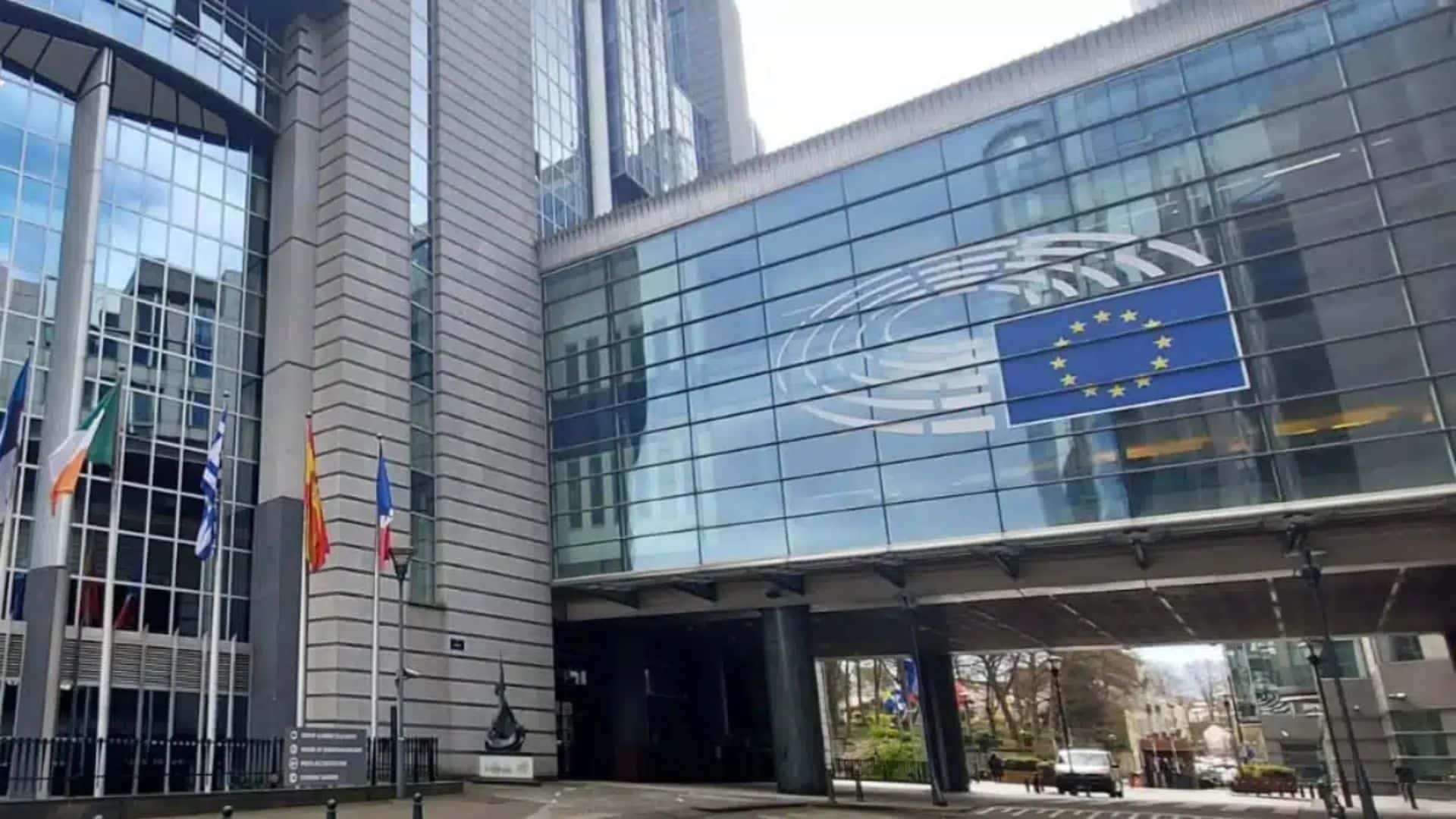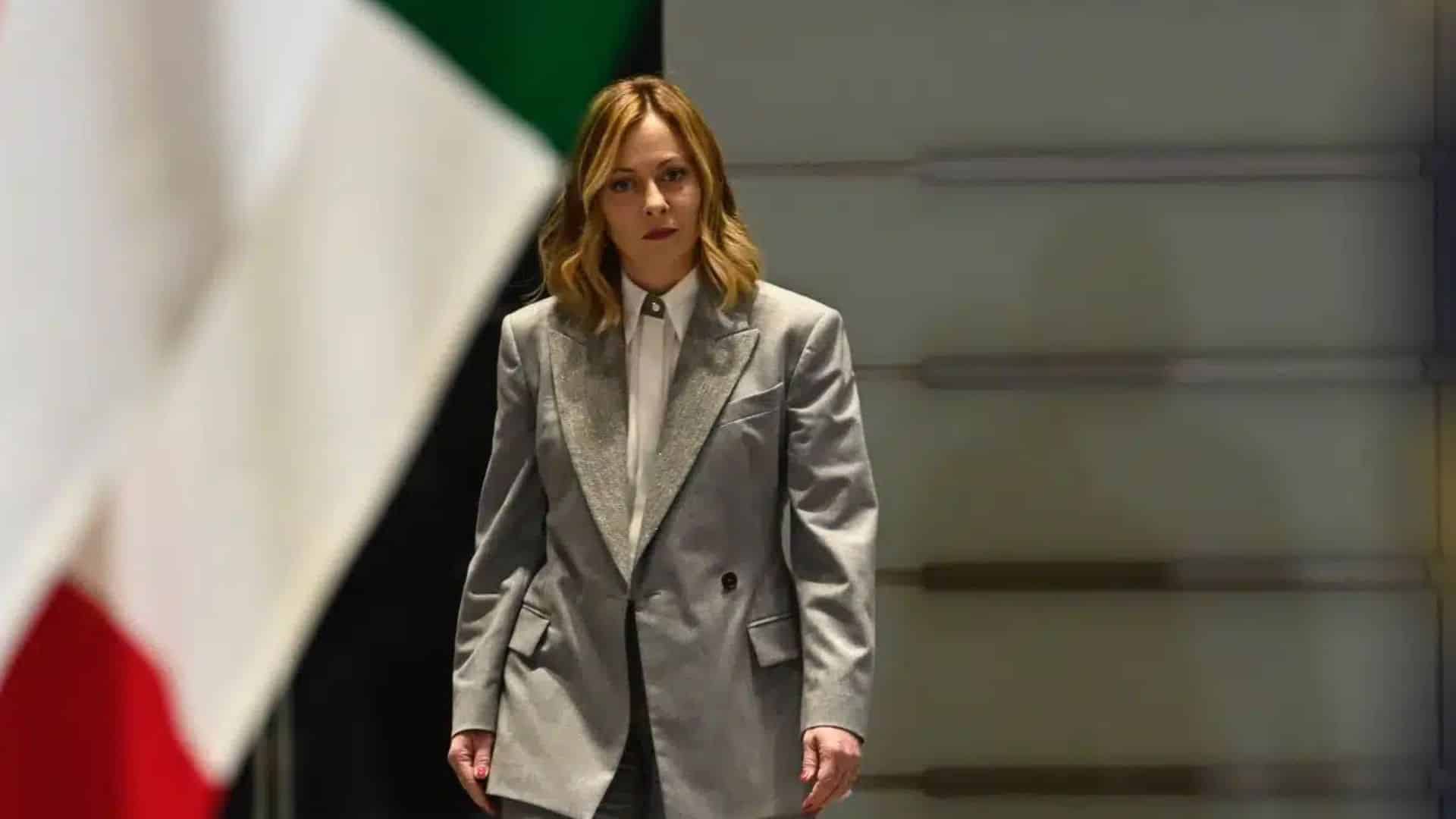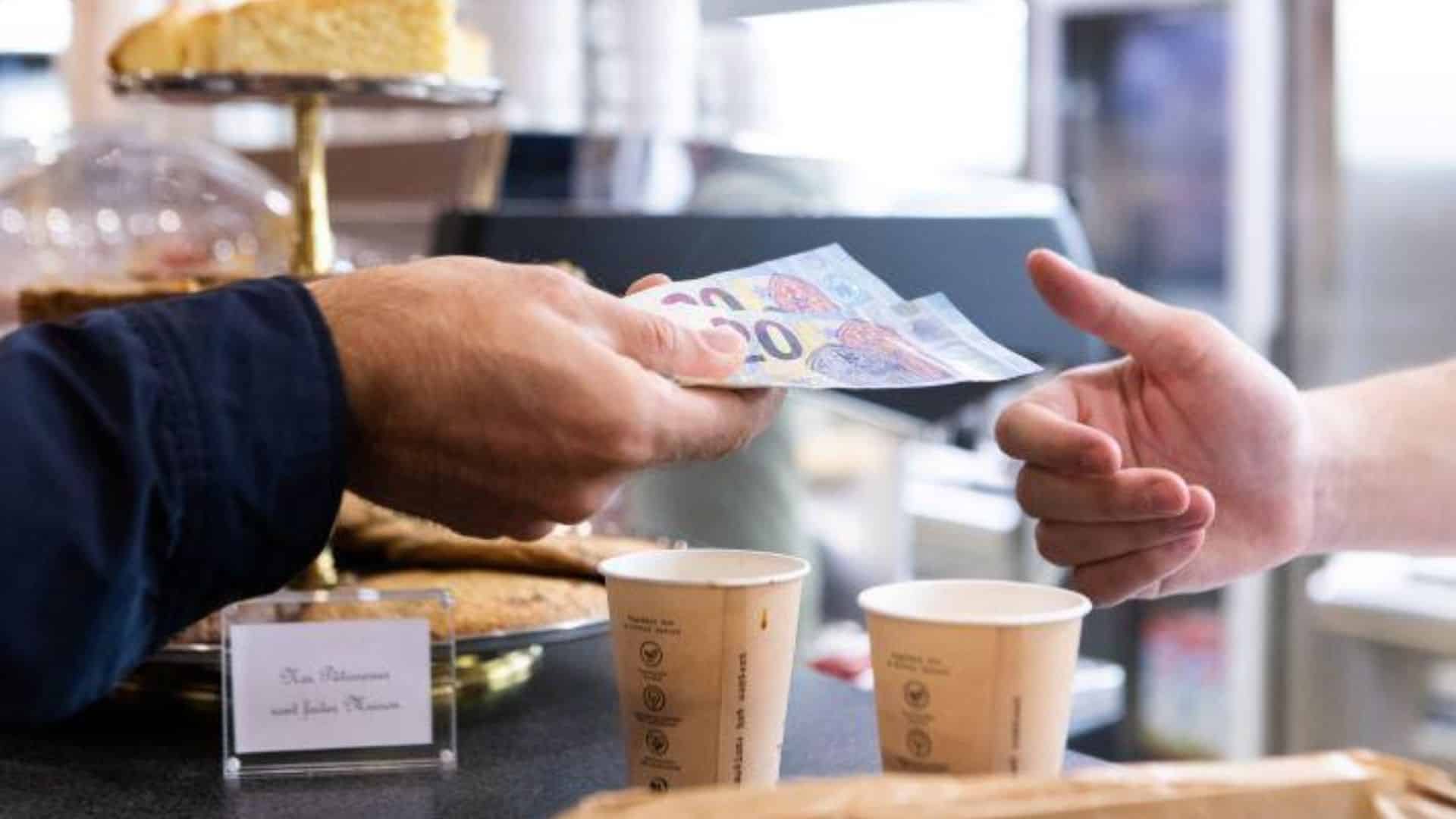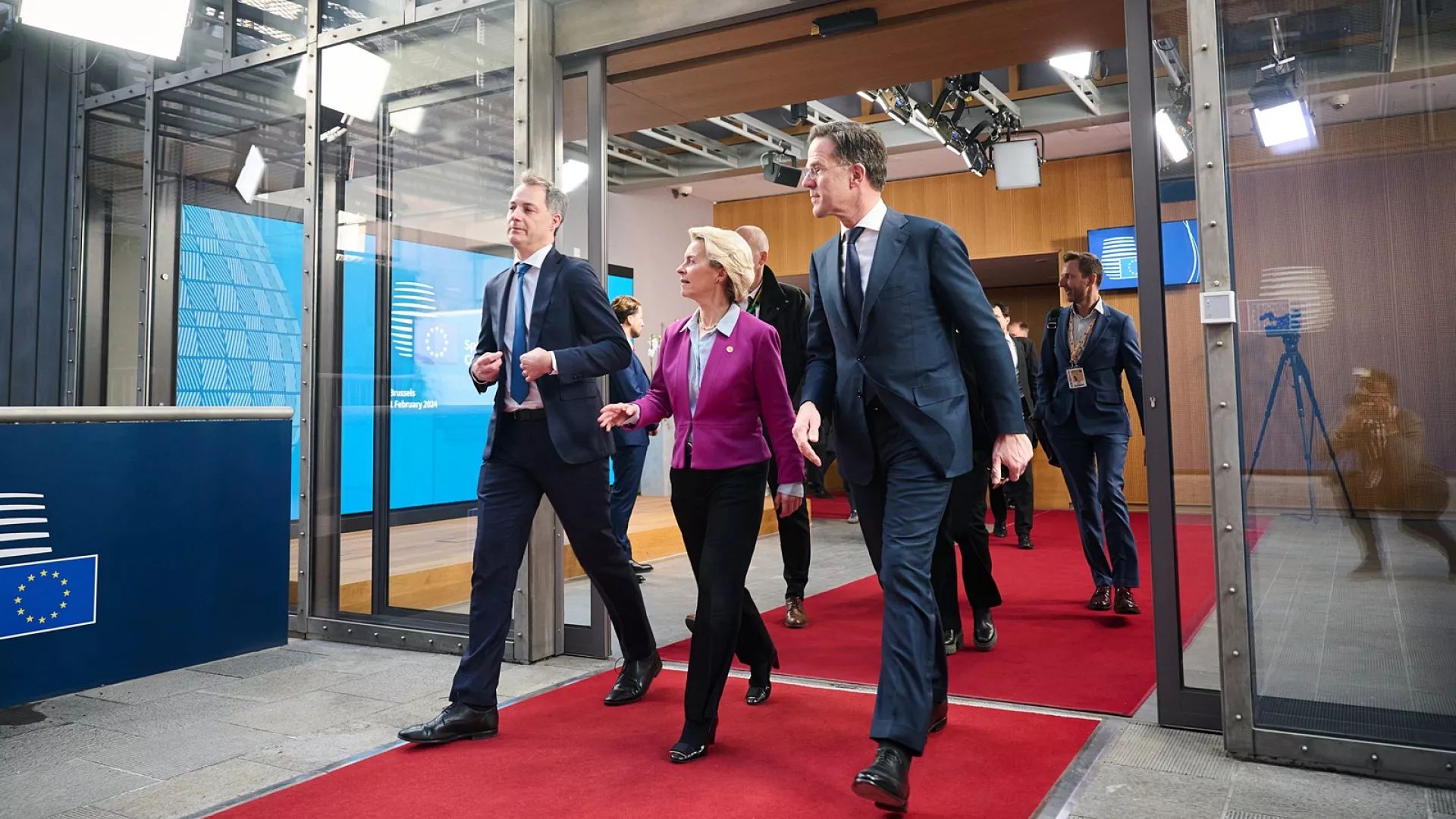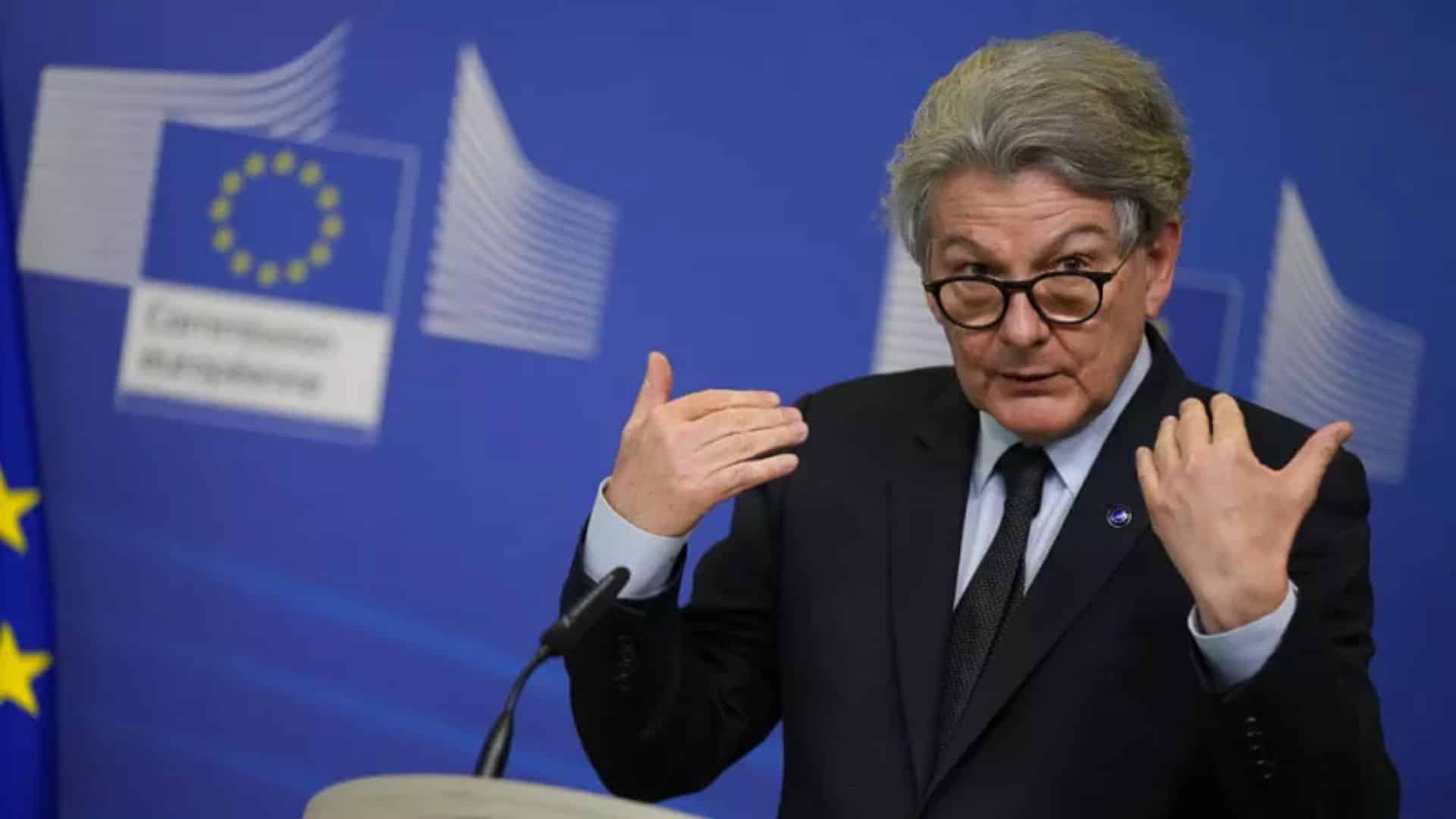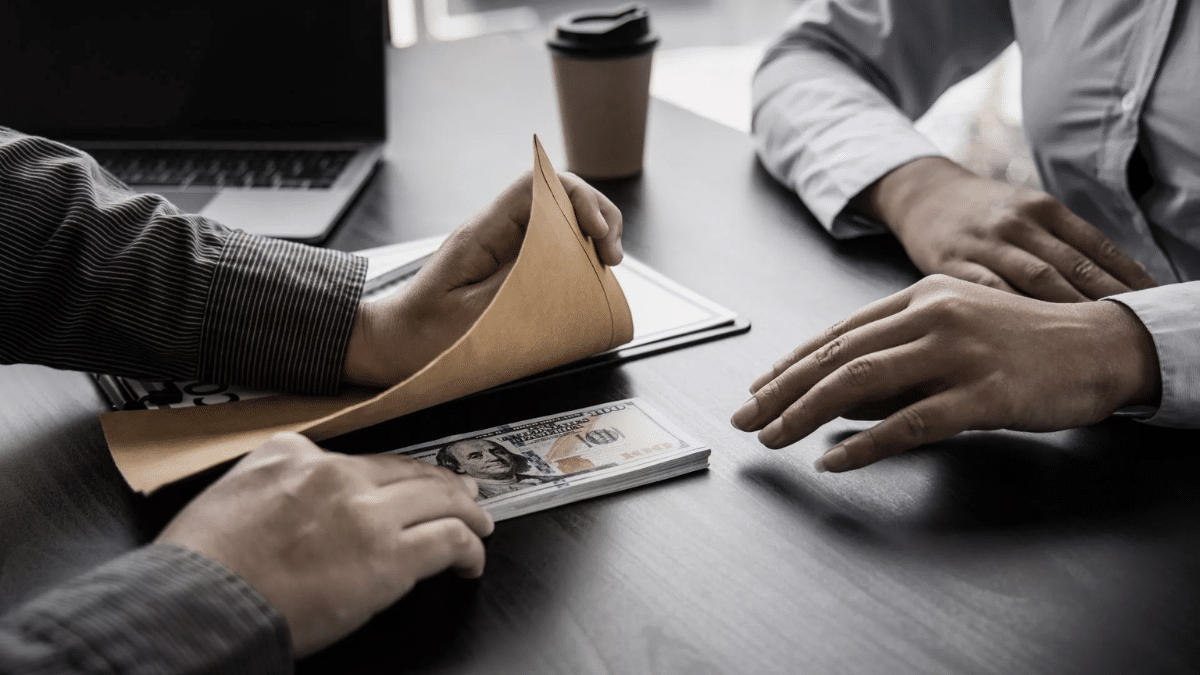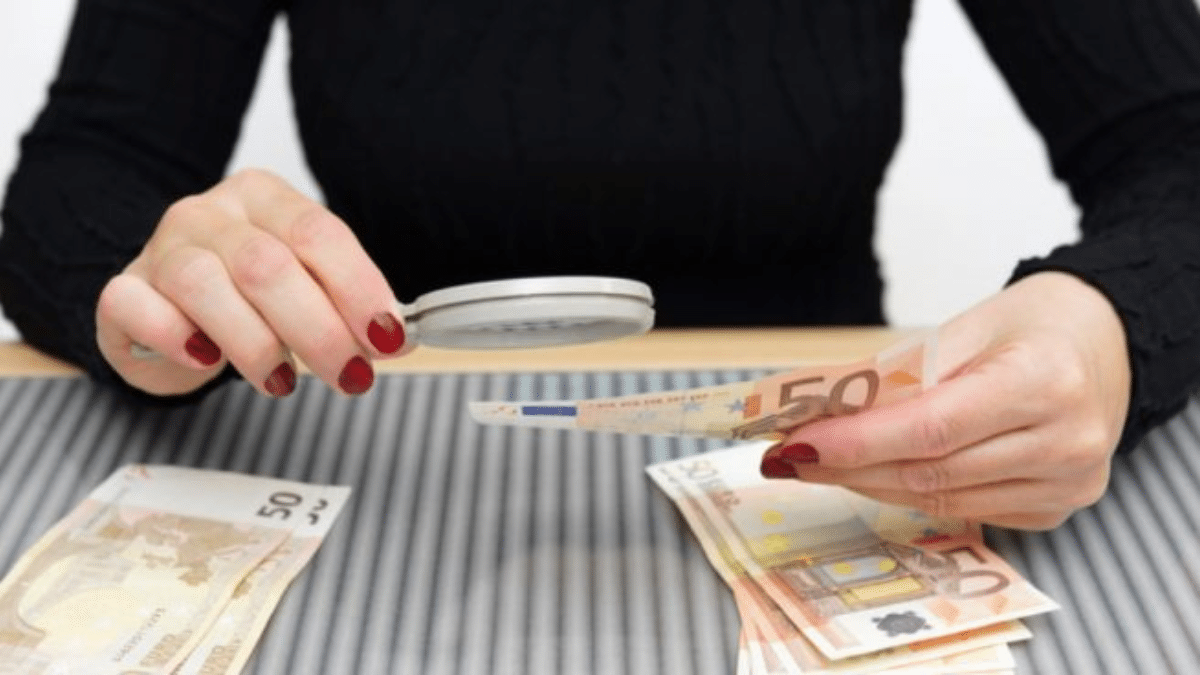
Russia raises interest rates to 12% to halt rouble slump
The Central Bank of Russia (BCR) today raised its interest rate by 3.5 points to 12%, the highest since May 2022, to curb the rouble’s depreciation and ensure price stability, following an extraordinary meeting of its Board of Directors.
“Inflationary pressure continues to rise. As of 7 August, annual inflation rose to 4.4 %. At the same time, the current rate of price growth continues to accelerate,” the BCR said in a statement.
It noted that, on average, over the past three months, seasonally adjusted price growth was 7.6 % on an annualised basis.
According to the regulator, “the increase in domestic demand, which exceeds the expansion capacity of production, reinforces the persistent inflationary pressure and influences the exchange rate dynamics of the rouble through increased demand for imports”.
Russia inflation warning
In justifying its decision to raise the interest rate, the central bank said that if the current rate of price growth is maintained, there is a “significant risk” that inflation will exceed the 2024 target of 4 per cent.
Due to political instability, rising imports, falling exports and Western sanctions on Russia over the war in Ukraine, the rouble has devalued by more than 27% during the first seven months of this year.
The rouble has been depreciating steadily since the head of the Wagner Group, Yevgeny Prigozhin, staged a failed armed rebellion on 23-24 June.
On Monday, the Russian currency was trading at just over 100 roubles to the dollar.
The lowest point for the Russian currency was reached on 10 March 2022, two weeks after the start of the war in Ukraine, when it fell to 121.5 roubles to the dollar.
This plunge has led Bloomberg to consider the rouble as one of the three weakest currencies in the world because of its instability, along with the Turkish lira and the Argentine peso.

